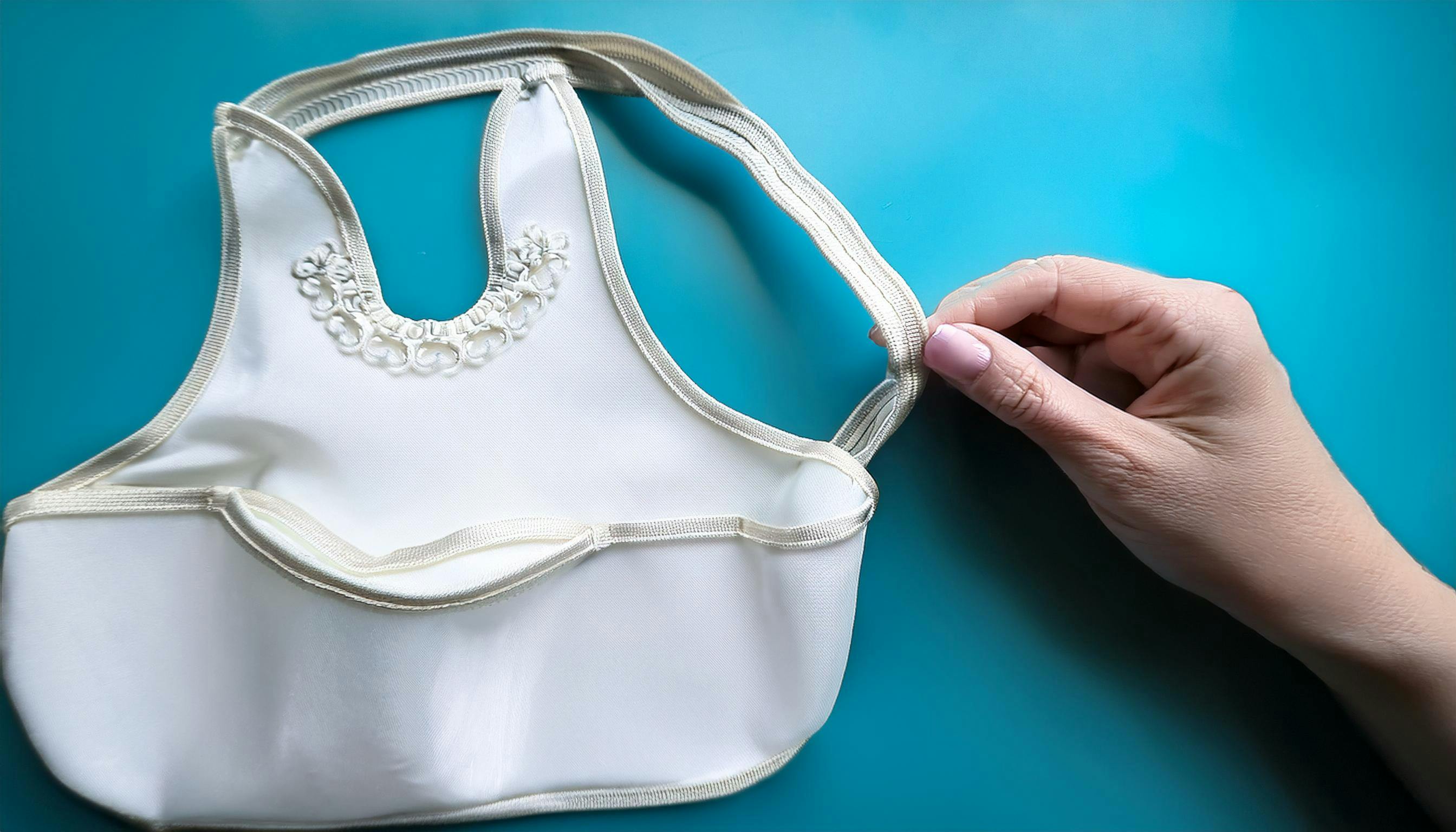
Who Needs an Adult Bib? Identifying the Beneficiaries
Adult bibs are essential tools that offer protection, comfort, and dignity to a variety of individuals. While often associated with elderly care, the use of adult bibs extends far beyond this group, providing significant benefits to a range of people in different life stages and circumstances. In this article, we explore the key beneficiaries of adult bibs and why these simple yet effective items are invaluable for them.
1. The Elderly
As people age, certain physical challenges can make it difficult to manage everyday tasks like eating. Conditions such as Parkinson’s disease, arthritis, and dementia can impair motor skills and coordination, leading to spills and messes during meals. Adult bibs offer a practical solution, allowing elderly individuals to eat comfortably without worrying about staining their clothes. These bibs also help preserve dignity by reducing the embarrassment that can come with such spills, making mealtime a more relaxed and enjoyable experience.
2. Individuals with Disabilities
People living with physical or developmental disabilities may face challenges that make eating independently difficult. Adult bibs provide a layer of protection that enables these individuals to focus on their meal without the added concern of cleanliness. For those with limited mobility or fine motor control, a bib can be an essential tool that supports greater independence. It allows them to participate in meals with confidence, whether they are dining at home, in a care facility, or in a social setting.
3. Post-Surgery Patients
Recovery from surgery can leave individuals temporarily unable to manage everyday tasks, including eating. For those recovering from procedures that affect their motor skills or physical strength, adult bibs can be a lifesaver. They offer protection during a period when spills are more likely and allow patients to focus on healing without the added stress of cleaning up after meals. Bibs are particularly helpful for those recovering from surgeries involving the hands, arms, or upper body, where dexterity is temporarily reduced.
4. People with Neurological Conditions
Neurological conditions such as multiple sclerosis, ALS, and stroke can cause difficulties with swallowing and motor coordination. Adult bibs serve as a practical aid in managing these conditions, helping to catch any food or drink that may spill during meals. This simple protection allows individuals to maintain their dignity and reduces the strain on caregivers, who can focus more on providing emotional support rather than constantly attending to messes.
5. Caregivers and Healthcare Providers
Caregivers and healthcare providers also benefit from the use of adult bibs. These bibs simplify the caregiving process by minimizing the time spent on cleaning and laundry, allowing more focus on providing quality care. In settings like nursing homes, hospitals, or assisted living facilities, adult bibs are indispensable tools that help maintain hygiene and comfort for residents and patients.
Conclusion
Adult bibs are versatile and invaluable tools that serve a diverse group of people. From the elderly and individuals with disabilities to those recovering from surgery, these bibs provide much-needed comfort, dignity, and practical assistance. By understanding the specific needs of each group, caregivers and loved ones can make informed decisions about incorporating adult bibs into daily routines, ultimately enhancing the quality of life for those who need them most.